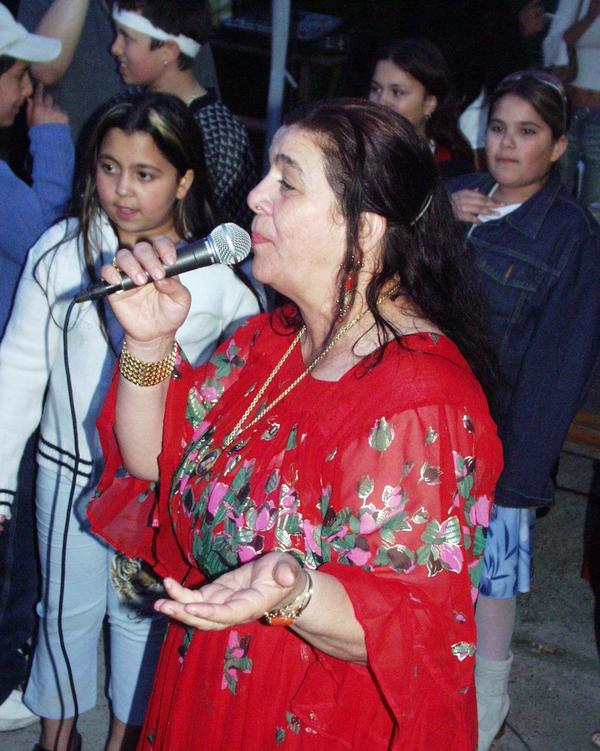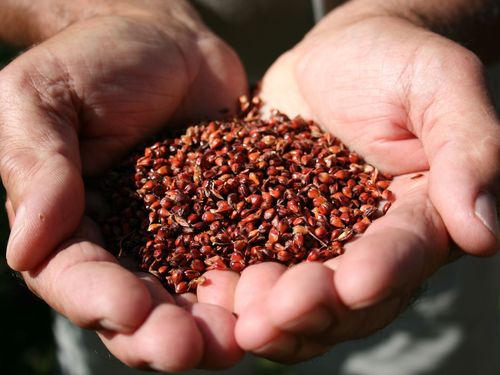Songs of the Lovara
Oral traditions in Burgenland, Vienna, inscribed 2011
Songs are an important part of the cultural tradition of the Lovara. The name of this sub-group of the Roma people comes from what formerly was their primary trade: “Lovara” means “horse-trader”. Their songs are largely about family and community, but the role of the individual and the earlier lifestyle of the Lovara are also frequent themes. Moreover, the songs serve as a language-storage medium, as they contain typical phrases, metaphors, speech formulas, and even certain expressions that today are no longer used in everyday speech.
The songs of the Lovara consist of two main genres: the slow, lyrical song and the dance song. But there is a constant supply of new creations as well, by outstanding singers such as Mongo Stojka, Ceija Stojka, and the applicant Ruzsa Nikolic-Lakatos. This musical tradition continues to be cultivated at family celebrations and larger festivities. Lovara songs are passed on from one generation to the next in nearly all European countries (particularly in central and eastern Europe) and the Americas. In addition to the Lovara, other Roma groups cultivate this song culture as well, speaking similar Romani variants.
The Lovara emigrated some 150 years ago from Slovakia and Hungary to what today is Austria, where they settled largely in the greater Vienna vicinity and in Burgenland. During the period of National Socialism, the Lovara were persecuted and the majority of them murdered. Particularly affected was the oldest generation, which was essential for the transmission of the Lovara culture and language. In the post-war period as well, the Lovara were subject to widespread discrimination, with the result that they often concealed their identity as Roma. In many families, Romani was no longer passed on as the mother tongue, which had drastic consequences for the formerly rich storytelling culture of the Lovara.
Beginning in the 1960s, audio recordings were made in order to preserve the song culture of the Lovara. Since that time, the song lyrics, which were previously handed down only orally, could be passed on in a written form as well.
Downloads
- Application form (in German only) 639 KB (pdf)
- Expertise Heinschink (in German only) 123 KB (pdf)
- Expertise Fennesz-Juhasz (in German only) 429 KB (pdf)


![[Translate to EN:] © J. Ségur/ZED, with the permission of UNESCO](/fileadmin/_processed_/d/b/csm_Convention-2003-IKE_0832a6a47d.jpg)
![[Translate to EN:] © ÖUK](/fileadmin/_processed_/3/9/csm_P1011318_7eac86402f.jpg)

![[Translate to EN:] © Weitblickfilm](/fileadmin/_processed_/9/8/csm_Workshop_17_2dee1e1fd8.jpg)